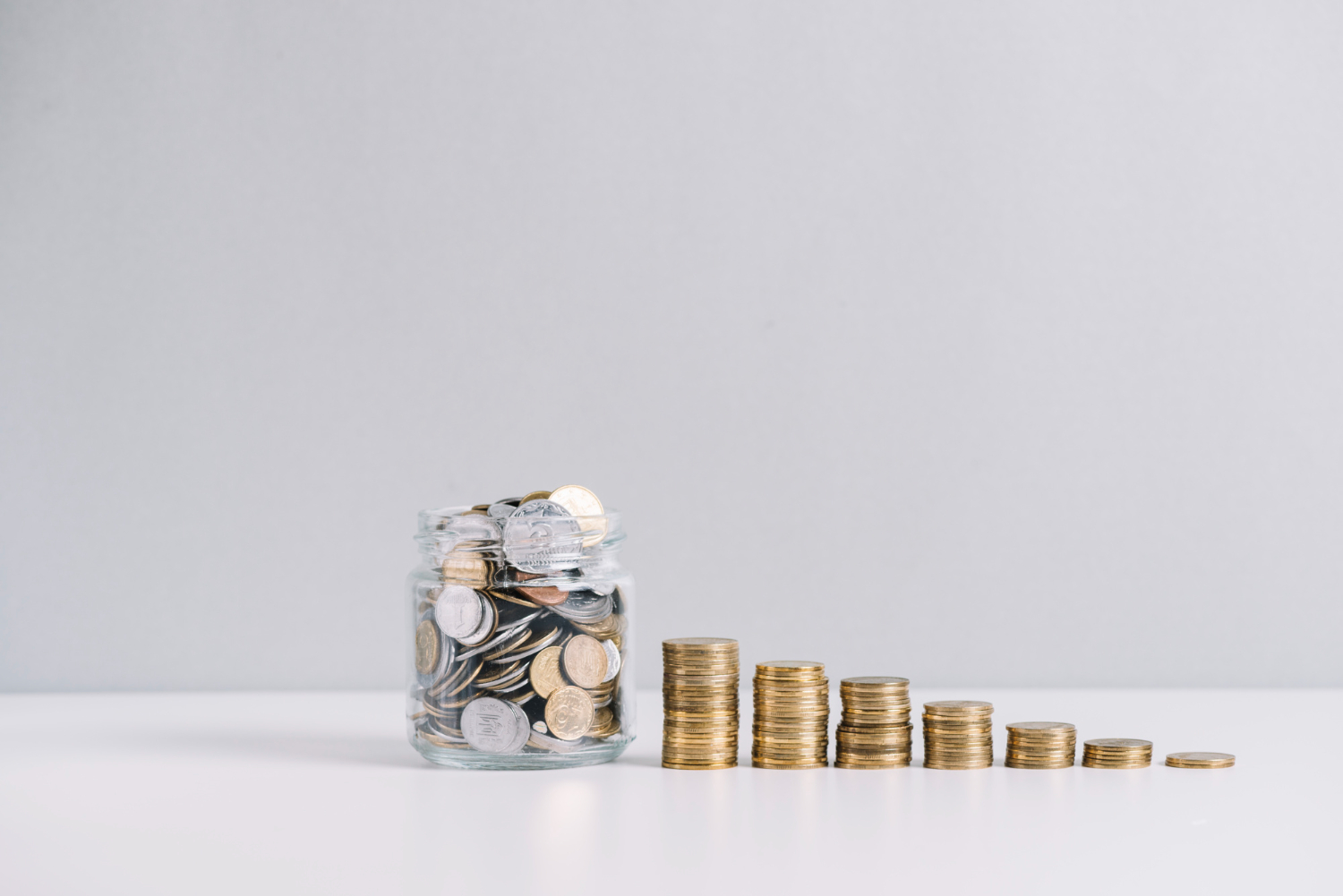When it comes to securing your financial future, choosing the right investment vehicle is crucial. Two popular options that often come up in this context are fixed deposits (FDs) and gold. Both have their unique advantages and considerations. This article will dive deep into the key factors that differentiate FDs and gold investments: stability, inflation protection, and returns. By the end, you’ll have a clearer understanding of which option aligns best with your financial goals and risk tolerance. Let’s start by examining the stability aspect of FD vs gold investments.
Stability: FD vs Gold
When evaluating investment options for stability, FD vs gold investment offers distinct advantages. While FDs provide guaranteed returns and security, gold remains a reliable store of value over the long term. Below, we will discuss which is best investment gold or fixed deposit.
The Steadiness of Fixed Deposits
When it comes to stability, fixed deposits are hard to beat. Here’s why:
-
FDs offer guaranteed returns at a predetermined interest rate over a fixed tenure
-
The interest rate remains unaffected by market fluctuations during the deposit period
-
FDs up to ₹5 lakh are insured by the Deposit Insurance and Credit Guarantee Corporation (DICGC)
This predictability and safety make FDs a go-to choice for risk-averse investors. Imagine parking ₹1 lakh in an FD at 6% interest for 3 years. At the end of the term, you’ll earn exactly ₹19,101 as interest, irrespective of economic ups and downs.
The Steadiness of Gold
Gold, on the other hand, is known for its stability over the long term. However, it’s important to note that:
-
Gold prices can be volatile in the short term due to various factors like global demand-supply dynamics and geopolitical events.
-
Despite short-term fluctuations, gold has historically maintained its value over extended periods.
Think of gold as a slow and steady turtle in the race against economic uncertainties. It may not always outpace the hare, but it rarely loses its way.
Inflation Protection: Gold vs FD
When it comes to protecting your investments from inflation, gold and fixed deposits offer different benefits. Let’s explore how FD or gold investment responds to rising prices.
How Gold Fares Against Inflation
One of gold’s key strengths is its ability to hedge against inflation. Here’s how:
-
As the cost of living increases, gold prices typically rise in tandem
-
This helps preserve the purchasing power of your investment over time
For instance, let’s say inflation averages 5% annually. Then, a gold investment of ₹1 lakh would need to grow to ₹1.63 lakh in 10 years. This should be done to maintain its real value.
Fixed Deposits and Inflation
Fixed deposits, while stable, may not always keep pace with inflation. Consider this:
-
FD interest rates are fixed at the time of investment
-
If inflation outpaces the FD interest rate, the real value of your investment could erode over time
Let’s say you invest ₹1 lakh in a 5-year FD at 6% interest, but inflation averages 7% during that period. In real terms, your money’s purchasing power would decrease.
Investment Amount Inflation Rate Real Value After 5 Years
Fixed Deposit ₹1,00,000 7% ₹89,353
Gold ₹1,00,000 7% ₹1,00,000 (assuming gold prices rise with inflation)
Returns: FD vs Gold Investment
When evaluating returns, gold investment vs FD presents contrasting profiles. Now, take a closer look at the potential gains each option offers.
Returns on Fixed Deposits
FDs offer assured returns, but they are generally modest compared to other investment avenues. Here’s what you need to know:
-
FD interest rates typically range from 4% to 7% per annum
-
The actual return depends on factors like the deposit amount, tenure, and prevailing interest rates
For example, investing ₹5 lakh in a 5-year FD at 6% interest will earn ₹1.67 lakh as interest at maturity.
Returns on Gold Investments
Gold returns can be harder to predict due to price fluctuations. However:
-
Historically, gold has delivered attractive returns over the long term
-
Between 2000 and 2020, gold prices in India increased from ₹4,400/10g to ₹48,651/10g, registering a CAGR of about 12%
Of course, past performance doesn’t guarantee future returns. It’s crucial to consider your investment horizon and risk appetite when evaluating gold vs FD returns.
Making the Right Choice: Gold or FD
Ultimately, the choice between gold or FD which is better, depends on your unique financial situation and goals. Consider these points:
-
If you prioritize safety over potentially higher returns among gold vs FD, FDs might be more suitable. Airtel Finance offers fixed deposits with competitive interest rates.
-
For short to medium-term goals, FDs can provide predictable returns. Gold may be better suited for long-term wealth preservation.
-
FDs typically have a lock-in period, while gold can be sold as needed. However, some providers like Airtel Finance offer loans against FD for urgent cash requirements.
-
Including both FDs and gold in your investment mix can help balance risk and returns.
Conclusion
In the FD vs gold investment debate, both options bring unique advantages to the table. Fixed deposits offer unmatched stability and guaranteed returns. This makes them ideal for risk-averse investors or those with short to medium-term goals. Gold, while more volatile in the short term, can be an effective inflation hedge and a valuable portfolio diversifier.
Considering gold vs FD which is better? As you weigh your options, remember to consider your risk tolerance, investment timeline, liquidity needs, and overall financial goals. You can also explore Airtel Finance’s fixed deposit offerings. This further combines the stability of FDs with the convenience of digital investing. Use their FD interest calculator to estimate your potential returns and required documents for a seamless investment experience.
Knowing the nuances of FD vs gold investments will help you better prepare to make decisions regarding your financial objectives. Remember, the key is to create a well-balanced investment portfolio that works for you in the long run.
FAQs
1. Are there any specific market conditions that favour investing in fixed deposits over gold or vice versa?
During economic uncertainty or market volatility, investors often prefer the stability of fixed deposits. However, gold tends to perform well during inflationary periods or geopolitical tensions.
2. How do global events affect the value of gold compared to fixed deposits?
Global events like economic crises, trade wars, or geopolitical tensions can drive up gold prices as investors seek safe-haven assets. Fixed deposit returns remain unaffected by such events.
3. Which offers higher returns, gold or FDs?
Historically, gold has delivered higher returns than FDs over the long term. However, FDs provide guaranteed returns, while gold returns are subject to market fluctuations.
4. How should I decide between gold and FDs?
Consider your risk tolerance, investment horizon, liquidity needs, and financial goals. FDs suit risk-averse investors seeking stable returns, while gold can be a good portfolio diversifier and inflation hedge.
5. Which is more liquid, gold or FDs?
Gold is generally more liquid as it can be sold as needed. FDs usually have a lock-in period, but some providers like Airtel Finance offer loans against FDs for liquidity.


 Get App
Get App  Airtel Store
Airtel Store  Login
Login 


